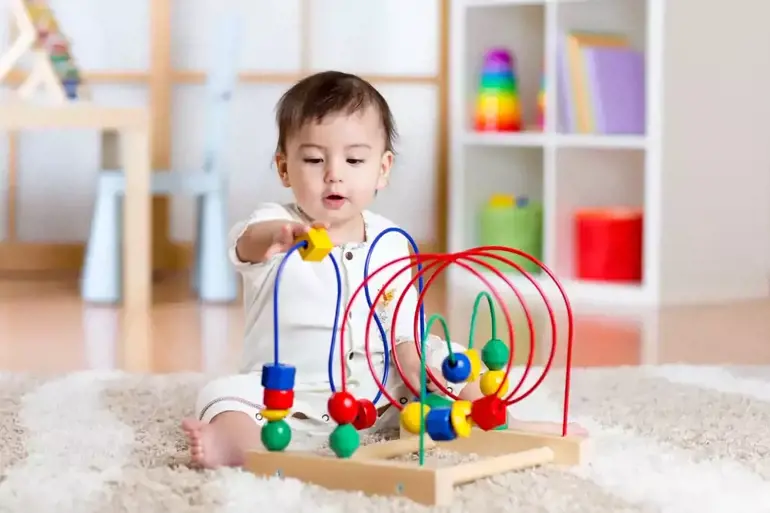There's no 'one size fits all' when it comes to parenting and this is especially true regarding your child's temperament.
Different kids call for different approaches, and whether your youngster is outgoing or easy going, the Raising Children Network has some helpful ways to adapt your parenting to support them as individuals.
First, though, what is temperament?
Described simply, 'temperament' is the way in which children respond to the world and depending on their temperament, each child will show these qualities in different measures:
- Reactivity: This is how strongly a child reacts to something, such as an exciting or disappointing event.
- Self-regulation: This is how much a youngster can control their behaviour, including their feelings, attention span and ability to persist.
- Sociability: This is how comfortable a child feels when they experience new things or meet new people.
What is the role of a parent when it comes to temperament?
These distinctions between children mean that for every happy-go-lucky preschooler, there's another who likes routine. And because temperament is something you're born with, it's also something parents can't change (although a child's temperament may alter as they mature).
Instead, your role is to adapt your parenting to each child's temperament. In practice, this means:
- Accepting they are who they are
- Nurturing their development
- Helping them develop the positive parts of their temperament
- Understanding why they struggle with some situations
- Helping them learn how to handle tricky situations
- Understanding that temperament differs between siblings, calling for different approaches
How can you tailor your parenting to each temperament?
Every temperament comes with its own upsides and challenges, so here's what you can expect from different types of children and how to respond as a parent.
How can you parent a more reactive child?
Reactive children are often very physically active, and they keenly feel the highs and lows of life, for example they may be really happy when things go well and respond dramatically when things don't go their way.
As a parent, you can help a reactive child by:
- Teaching them how to respond more calmly
- Giving them lots of outside time
- Helping them wind down and relax at bedtime
What are some ways to parent a less reactive child?
A less reactive child is usually easy going but may lack assertiveness. They might also be more interested in using their fine motor skills than their gross motor skills, for example preferring drawing over bike-riding.
When parenting a less reactive child:
- Remember to include them in family discussions and ask their opinion
- Teach them how to stand up for themself
- Encourage them to be more physically active by pairing exercise with something they enjoy doing, like riding their bike to a library craft session
What is a more self-regulating child like?
A self-regulated child is less impulsive and is good at managing their reactions to feelings. They'll calm down more quickly after something upsetting or thrilling, and may find it easier to persist with something (even if they have setbacks) and stay focused.
If they're a bit of a perfectionist, then remind them that it's ok to make mistakes.
How can you support a less self-regulating child?
On the flipside, a less self-regulating child may find it hard to stay focused. To channel their creative streak and keep their attention, you could try rewarding your child or using games and creative activities to keep them focused.
What parenting approach will benefit a more sociable child?
With a sociable temperament comes a people person. This type of child adapts easily to new routines and loves group activities, playdates and new experiences.
As a parent, make sure you also give them some 'me time' so they learn to occupying themself, and some one-on-one time spent with you.
How can you support a less sociable child?
This child is usually very happy with their own company and resourceful when it comes to self-play. They’re also a big fan of routines and will need some support if there are changes afoot.
They might be a bit shy on the birthday party circuit, so if they find it hard to make friends or socialise in big groups, then you can help by arranging a small playdate at your house or in the playground.
And remember, although your child may be nothing like you, your partner or their sibling, it is important to adapt your parenting to their temperament. After all, it's part of what makes them, them.


































